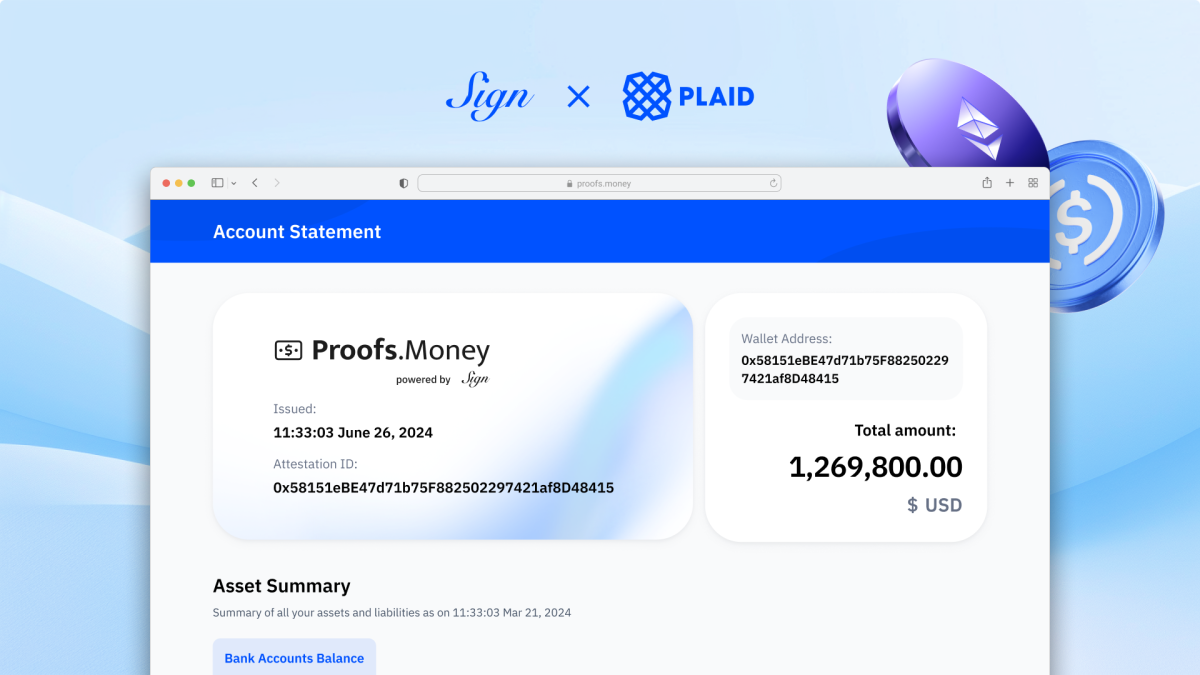Consensys sues SEC, challenging its approach to Ethereum and seeking court intervention

Quick Take
- The blockchain and web3 development company behind the well-known MetaMask Wallet filed a lawsuit against the agency on Thursday in a Texas court.
- The firm also noted in the complaint that SEC staff sent Consensys a Wells notice earlier this month, meaning a formal notice that the agency plans to bring an enforcement action against them.

Consensys Software Inc. is firing back against the U.S. Securities and Exchange Commission's categorization of ether.
The blockchain and web3 development company behind the well-known MetaMask Wallet filed a lawsuit against the agency on Thursday in a Texas court.
"The U.S. Securities and Exchange Commission … seeks to regulate  ETH
+0.94%
as a security, even though ETH bears none of the attributes of a security — and even though the SEC has previously told the world that ETH is not a security, and not within the SEC’s statutory jurisdiction," Consensys said in the complaint.
ETH
+0.94%
as a security, even though ETH bears none of the attributes of a security — and even though the SEC has previously told the world that ETH is not a security, and not within the SEC’s statutory jurisdiction," Consensys said in the complaint.
The question of whether the SEC has jurisdiction over Ethereum has come to the forefront over the past few weeks as reports have come out that the agency is subpoenaing companies that deal with the Ethereum Foundation. In the past, SEC Chair Gary Gensler has skirted the question of whether ether is a security. However, he has noted that many cryptocurrencies are and would fall under his agency's jurisdiction.
Consensys says the SEC has decided that ETH is a security and said the agency has "trained its sights" on the firm's Metamask software. The firm also noted in the complaint that SEC staff sent Consensys a Wells notice earlier this month, meaning a formal notice that the agency plans to bring an enforcement action against them.
"The SEC claims that by offering this wallet software, Consensys acts as a broker and offers and sells securities. But MetaMask is simply an interface — like a web browser — that allows digital asset holders to seamlessly interact with the Ethereum network, including all other users and applications participating on the network," Consensys said in the complaint.
Ultimately, Consensys is asking the court to declare that ETH is not a security and say the SEC violated procedural laws.
The SEC declined to comment.
SEC and Consensys clashes over the years
Consensys said it received a letter from the SEC's enforcement arm in April 2022 that said its staff was investigating MetaMask. Later, in September 2022, Consensys said it received another letter from the SEC about bringing an enforcement action against the company for violating its laws, partly through MetaMask Staking products.
According to the complaint, the SEC has also served three subpoenas to Consensys in 2023 and recently served one in March of this year.
"The SEC staff has communicated to Consensys that the agency is investigating whether Consensys’s current offers and sales of ETH — transactions carried out from its own holdings as part of its normal treasury operations — are securities transactions. And the staff recently requested that Consensys make a 'proffer' to the SEC to state why Consensys believes its ETH sales are not securities transactions," according to the complaint.
In the complaint, Consensys also referred to a 2018 speech from the SEC's Director of the Division of Corporation Finance William Hinman. His speech, well-known in crypto circles, suggested that bitcoin and ether were not securities in his view. Consensys also noted that Commodity Futures Trading Commission Chair Rostin Behnam has said ether is a commodity.
"We have time and time again witnessed the current SEC contradict itself with ever-changing views on the blockchain, consistently mischaracterizing this technology and what is built on it as a shallow and doomed investment scheme, rather than as the breakthrough technology it is," said Consensys CEO Joe Lubin in a post on Thursday.
Industry weighs in
Chief Legal Officer of crypto exchange Coinbase, Paul Grewal, asserted that ETH is a commodity in a post on X on Thursday supporting the lawsuit.
"I know ETH is a commodity. You know ETH is a commodity," Grewal said. "The CFTC knows ETH is a commodity. It's time for the SEC to admit that it still knows ETH is a commodity too. No more games. Thank you to @Consensys for standing up against the SEC's unlawful expansion of authority."
Industry group the Blockchain Association also voiced support.
"This critical battle impacts all aspects of the digital asset industry. We fully support Consensys in their decision to file preemptive legal action to stop the SEC’s illegal onslaught targeting emerging technologies such as public blockchains," said the group's CEO, Kristin Smith, in a post on X.
Multiple lawsuits have been lodged against the SEC over the past year. Earlier this week, the Blockchain Association and the Crypto Freedom Alliance of Texas sued the agency over its newly adopted dealer rule. Before that, the Crypto Freedom Alliance of Texas sued the SEC alongside digital asset company LEJILEX in February.
Updated at 4:15 p.m. ET to include details throughout
Disclaimer: The Block is an independent media outlet that delivers news, research, and data. As of November 2023, Foresight Ventures is a majority investor of The Block. Foresight Ventures invests in other companies in the crypto space. Crypto exchange Bitget is an anchor LP for Foresight Ventures. The Block continues to operate independently to deliver objective, impactful, and timely information about the crypto industry. Here are our current financial disclosures.
© 2023 The Block. All Rights Reserved. This article is provided for informational purposes only. It is not offered or intended to be used as legal, tax, investment, financial, or other advice.



